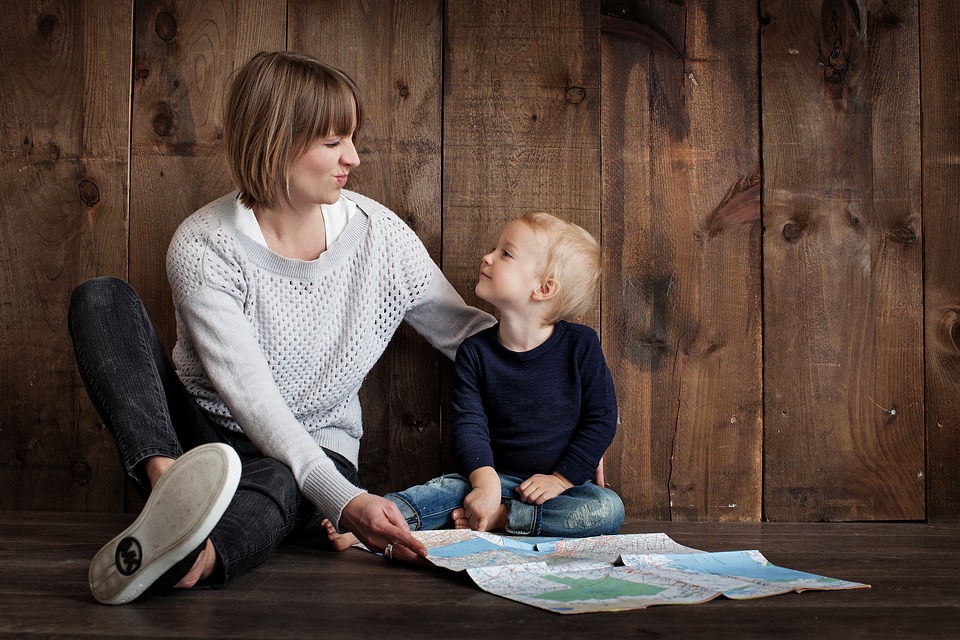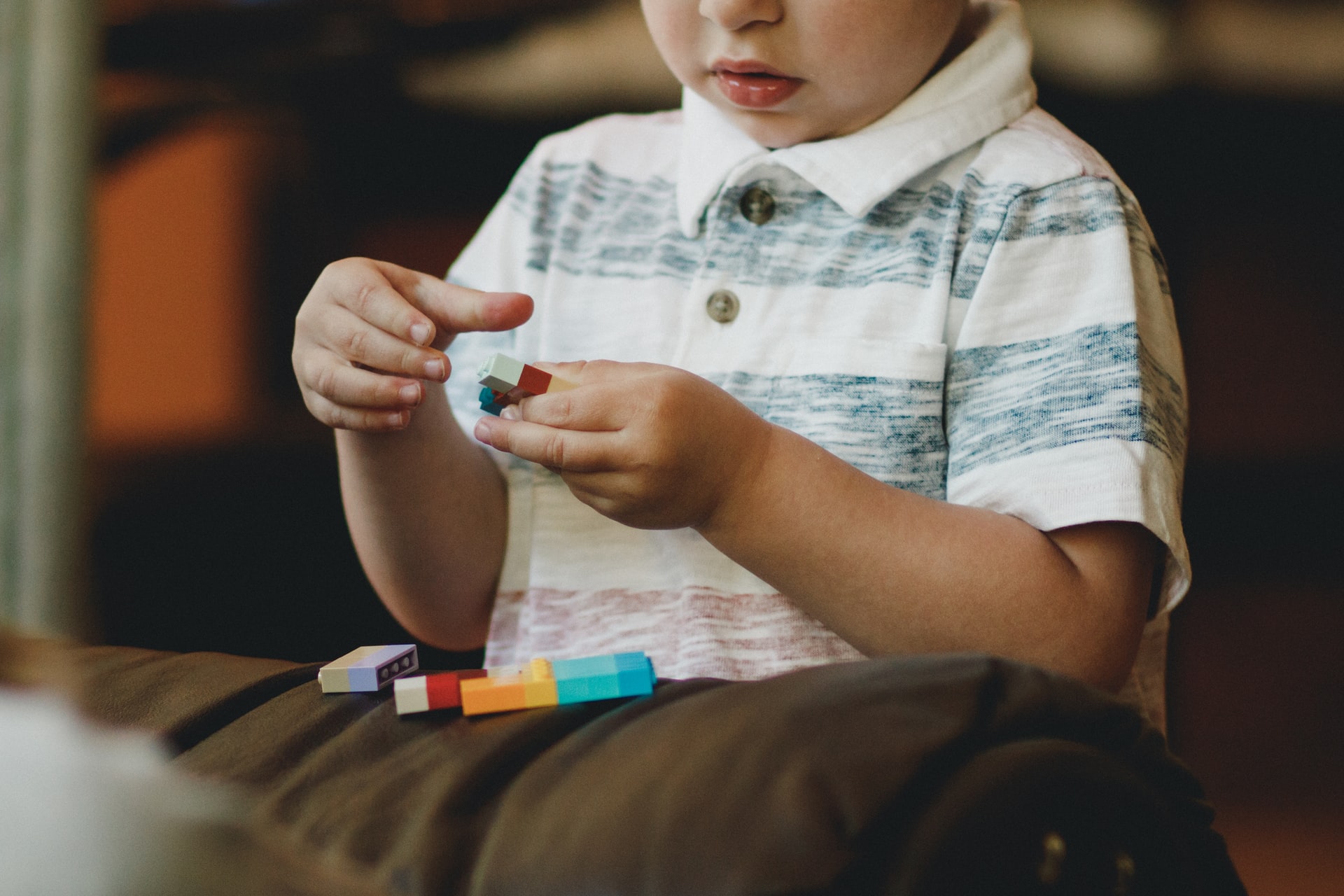Time to Rethink Family Tree Assignments

Most of us recall dreading family tree homework sometime in our academic careers. Maybe you made a handprint tree when you were a preschooler or wrote down your parents on an assignment for Spanish class. It’s a typical task for a crucial school subject, family. However, in 2020, our kids will come from a broader range of households, making these kinds of activities uncomfortable and exclusive.
It’s time to look beyond family trees and consider more varied choices. There are several reasons why the family tree assignment has to be reconsidered:
Every Family is Unique.
Everybody knows families are more than just a mother, a father, and 2.5 kids. Why then do our family trees still show that pattern? Schools shouldn’t make kids complete a project that excludes step, adoptive, and foster families, LGBTQ families, and multigenerational families.
Children value their families. They feel excluded if they don’t find the representation of their own family in the curriculum. Additionally, a pupil who doesn’t feel at home at school may struggle academically.
Access to Family Information is Not Universal.
Family history research is frequently required of students for family tree projects, but not everyone can do it. Kids in adoptive and foster families may not have infant photographs or know how to sketch a coat of arms with a flag representing their ancestral country. And it goes beyond the assignment’s failure, which is already stressful enough. The more nuanced emotions kids may have due to being reminded of what they don’t know, the greater the harm.
Family Tree Assignments Do Not Include Trauma.
We must remember that not every student comes from a happy household. Numerous of our pupils have endured abuse and neglect. Activities centered around family trees can make children with horrific childhood experiences anxious and develop post-traumatic stress disorder. Exposure to their personal life might also leave children open to bullying and exclusion. The health and welfare of our pupils should always come first.
Move On to More Inclusive Initiatives.
This does not imply that we shouldn’t discuss families in the classroom. We should and can. Simply said, we need to be more careful about the things we plan. Try the Welcoming Schools lesson “Circles of Caring Community,” which highlights all the benevolent people in kids’ life. Other wonderful alternatives for students to talk about themselves and the significant individuals in their lives outside of a conventional family tree assignment include “autobio” and “Where I’m From” poems.






